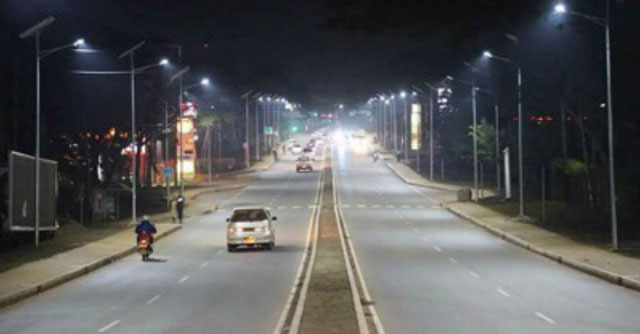
Kampala, Uganda | THE INDEPENDENT | Recently, the acting Executive Director of Kampala Capital City Authority (KCCA), Eng. Andrew Kitaka, addressed the press to give an account of the last eight years of the KCCA’s activities.
One issue Kitaka addressed was a project termed as the ‘Kampala Climate Change Project which the French Development Agency (AFD) has supported.
Kitaka said the project is part of an on-going climate change strategy that will ensure that the areas of Nakasero, Kololo, Makerere and Mulago have well-planned housing and public facilities, trees, safe walkways and easy access to public transport.
A climate change strategy can also be called a climate change adaption policy. It is a framework for managing future climate risk, prioritising and coordinating action, while offering the potential of reducing future economic, environmental and social costs.
KCCA is one of the stakeholders of the National Climate Change Policy (NCCP) adopted in 2015. Reasons behind forming the strategy include the need to reduce the country’s vulnerability to climate change impact, the need to address extreme weather challenges such as, unpredictable rainfall patterns, floods, and also to provide guidance for how Uganda can develop sustainably while reducing carbon emissions.
“KCCA projects have over the years, and currently, continued to attract international financiers and development partners,” said Eng Kitaka, before recognising the support from AFD and the French Global Environment Facility (FFEM).
Since 1995, AFD has offered technical and financial support to KCCA, to aid in the climate adaption efforts in the city. Together AFD and KCCA have so far managed to; train technical staff to carry out energy audits and by conducting the energy audits, they have also began implementation of energy efficiency projects and preparation for climate change response like solar street lighting.
 The Independent Uganda: You get the Truth we Pay the Price
The Independent Uganda: You get the Truth we Pay the Price


